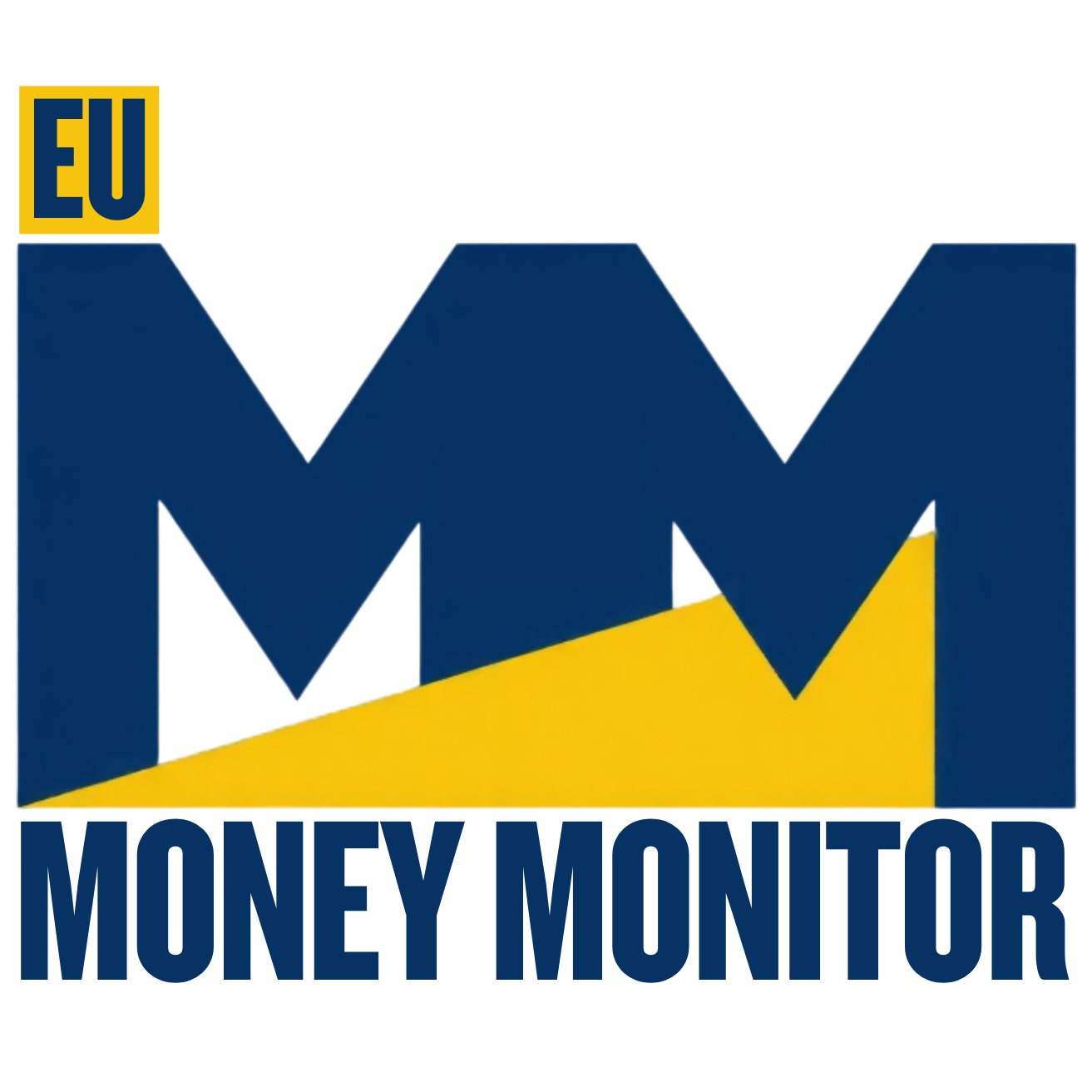Part 2: Fraud? What fraud? How Belgium makes cases disappear.

For over a year, formal suspected fraud complaints were sent to SPF Finance, SPF Emploi, ONSS, OLAF, EPPO, the European Commission, the European Court of Auditors — backed by legal documents, financial records, and whistleblower evidence.
The result? Silence. Files closed without investigation. Jurisdiction ping-pong.
And at the top of it all, the Belgian Federal Public Service Finance — the authority responsible for fraud oversight, represented as an example by Filip Van de Velde, Chair of the Management Committee — who earned over €1 million in public salary in the past five years — never responded to a single one of our formal questions.
This is not oversight failure. It’s institutional indifference.
Public money is being drained, and those paid to defend it are doing nothing. This isn’t just Belgium’s problem. It’s Europe’s problem.
We’re putting the evidence on the record — because it’s time someone did.
